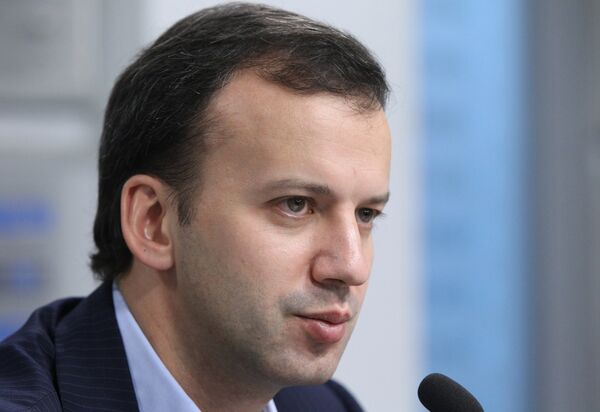Russia will stop providing discounted fuel supplies to the country's farmers in order to meet the requirements of the World Trade Organization, Deputy Prime Minister Arkady Dvorkovich said on Friday.
"We will cease ... the existing agreements between the regions and fuel producers for discounts. The support of yield-per-hectare of arable land will be used as the basic support mechanism for farmers," Dvorkovich told a government meeting. "Support volumes [for buying fuel] will be included in an overall subsidy. There will be no separate subsidy for purchase of fuel and oil lubricants."
The Russian government has approved a 2.28 trillion ruble ($69.7 billion) state program for agricultural development in 2013-2020, in an attempt to boost the sector, following the country's accession to the WTO.
The government will also oblige fuel producers to sign long-term agreements with farmers, of at least a year, in order to prevent price spikes during sowing and harvesting due to short-term contracts, Dvorkovich said.
The government has set a 30 percent retail price discount for fuel and oil lubricants for Russian farmers for 2012, compared to just 10 percent in 2011. The Russian government has been setting discounts on fuel for farmers since 2009, but previously below 10 percent.
Dvorkovich said the discounts must be ended, because some cut-price fuel was resold at market prices.
"A certain amount of fuel that farmers receive, if they get any, is then re-sold at higher prices, even to other countries sometimes. We want to stop such practices," he added.

